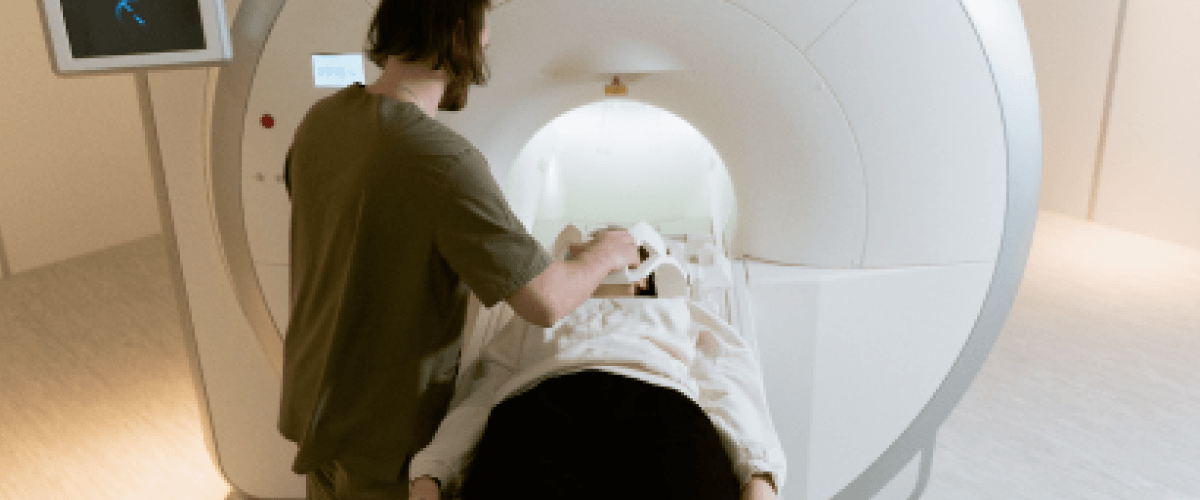
What is a SPECT Scan and How Does it Help in Cancer Diagnosis?
As cancer diagnosis and treatment continue to evolve, SPECT (Single Photon Emission Computed Tomography) scan has emerged as an advanced imaging technique that helps in the detection and management of cancer. This diagnostic tool uses radioactive tracers to create 3D images of the internal organs and tissues, providing detailed information about the metabolic activity and blood flow.
Here’s all you need to know about a SPECT scan and how it helps in cancer diagnosis.
What is a SPECT scan?
SPECT scan is a nuclear imaging test that uses a small amount of radioactive substance, called a tracer, to produce images of internal organs and tissues. Unlike other imaging techniques, SPECT scan can create images that show how well the organs or tissues are functioning. This is done by measuring the amount of radiation emitted by the tracer that has been injected into the body.
How does a SPECT scan work?
During a SPECT scan, a patient is injected with a radioactive tracer that travels through the bloodstream and accumulates in the organ or tissue of interest. The scanner detects the radiation emitted by the tracer and uses it to create detailed 3D images of the organ or tissue. SPECT scan can detect the changes in blood flow and metabolic activity, which can help in identifying cancerous cells.
Why is a SPECT scan used in cancer diagnosis?
A SPECT scan is an important diagnostic tool in cancer diagnosis as it helps in identifying the location and extent of cancerous cells. It can also be used to detect cancer recurrence and assess the effectiveness of cancer treatment. SPECT scan is particularly useful in the diagnosis of bone cancer, lung cancer, brain cancer, and liver cancer.
What to expect during a SPECT scan?
A SPECT scan is a non-invasive and painless procedure that typically takes around 30-60 minutes to complete. The radioactive tracer is injected into a vein in the arm, and the patient is asked to lie down on a table. The scanner rotates around the patient’s body and takes images from different angles. The patient may need to stay still and hold their breath for a few seconds during the scan. The radiation exposure during a SPECT scan is minimal and considered safe.
What are the risks associated with a SPECT scan?
A SPECT scan is a safe and low-risk procedure, and the benefits of the scan outweigh the risks. The amount of radiation used in a SPECT scan is relatively low, and the risk of any adverse reactions to the tracer is very rare.
Summing up, SPECT scan is an advanced imaging technique that helps in cancer diagnosis by detecting changes in blood flow and metabolic activity in the body. It is a safe and painless procedure that provides valuable information about the location and extent of cancerous cells. If you suspect any cancer-related symptoms, consult a doctor and get a SPECT scan done to diagnose the condition accurately.
At the MGM Cancer Institute, we offer state-of-the-art SPECT scan facilities with the latest technology and expert radiologists. Our team of oncologists and radiologists work closely to provide the best possible care to cancer patients. Book an appointment today at our Cancer Institute to get the best cancer care. Get in touch with one of our Nuclear Medicine experts. Call us at +91 44 4251 5151 to schedule an appointment.
Written by,
Dr Krishnaswamy Thirumurthi
Head of the Department- Nuclear Medicine
Department of Nuclear Medicine
Contact Us
Visiting Hours
OPEN 24 hours 7 days a week.
OPD Timings : Monday to Saturday
( 9:00 AM to 5:30 PM )
Appointments
Emergency
Visit the hospital
MGM Cancer Institute
No 119 & 121, Nelson Manickam Road, Raajeswari Street, Rajaram Mehta Nagar,
Aminjikarai, Chennai – 600029










